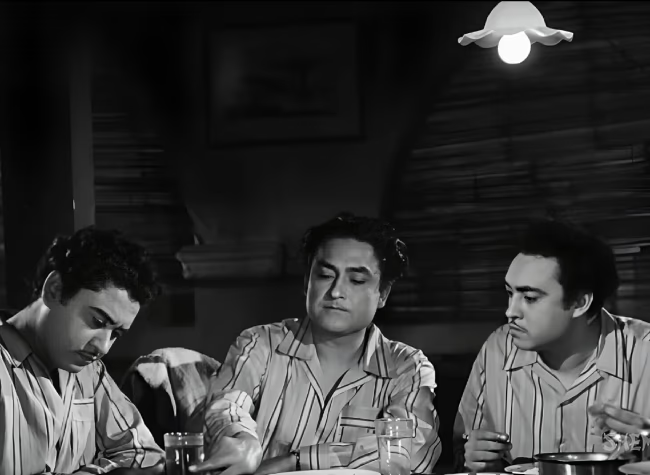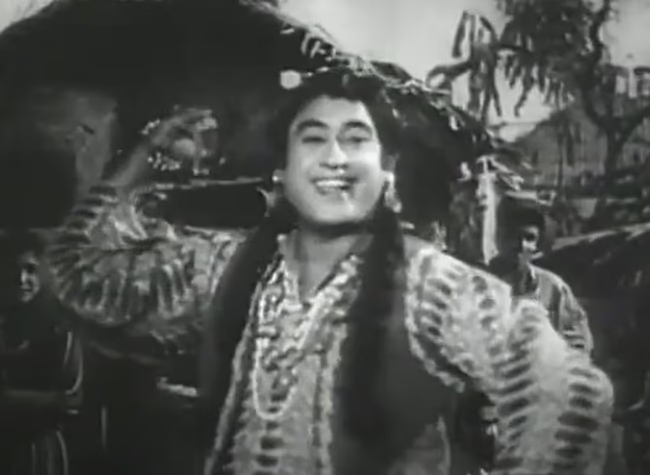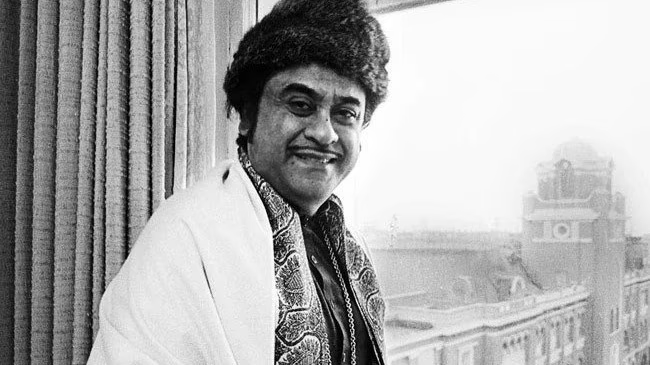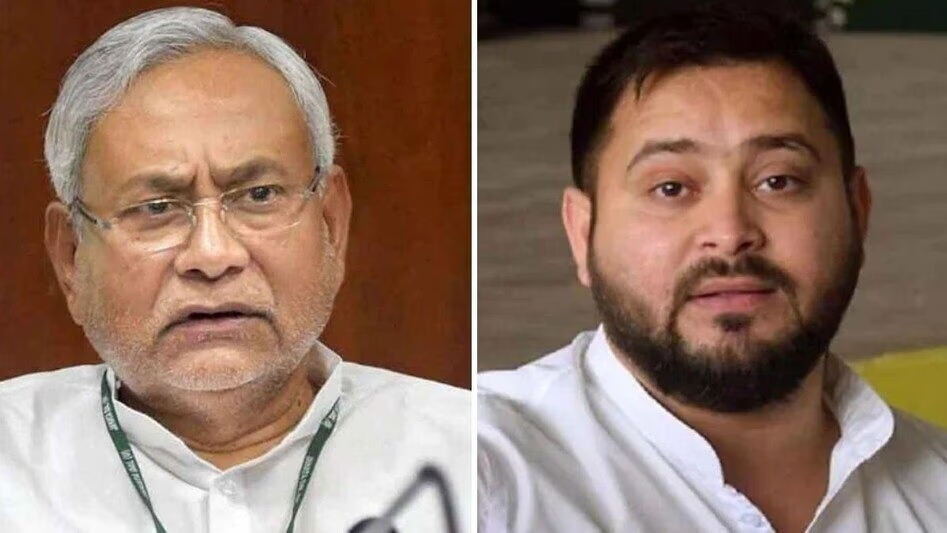Our elders often reminisce, 'The songs you hear today are nothing compared to the past. Back in our day, it was real music with meaningful lyrics and singers who understood rhythm.' Such words resonate within us, igniting a curiosity about the essence of music across generations. Has music truly evolved, adapting with time, technology, and modern taste? Is it fair to compare contemporary tracks with timeless classics?
The golden era of music boasted singers who became timeless inspirations. Names like 'Mohammed Rafi', 'Manna Dey', 'Mukesh', 'Lata Mangeshkar', and 'Asha Bhosle' enchanted millions. Their music continues to captivate, but among them, one distinctive voice stole hearts across genres—Kishore Kumar's.
Kishore Kumar: A Multifaceted Maestro
Kishore Kumar, born Abhas Kumar Ganguly on August 4, 1929, in Madhya Pradesh, India, belonged to a Bengali Brahmin family. The youngest of four siblings, his brother Ashok Kumar was a well-known actor in Hindi cinema. Kishore himself was multifaceted—not just a singer, but an actor and music director too. Married four times, he had two sons, Amit and Sumit Kumar.
Honored with countless records and awards, Kishore Kumar sang 2678 songs with over 110 composers, even composing music for some. His collaboration with R.D. Burman was particularly prolific, with 563 songs. Kishore acted in over 40 films, including beloved classics like 'Chalti Ka Naam Gaadi', 'Half Ticket', 'Padosan', and 'New Delhi', which continue to delight audiences with their humor and vibrant characters.
On this day, October 13, 1987, Kishore Kumar took his final breath, coinciding with the birthday of his elder brother, Ashok Kumar. While his enduring fans remember him fondly, today's generation may lack awareness of his artistic genius. There's a wealth of stories and anecdotes waiting to illuminate his greatness, and today, we share some of those tales that highlight why Kishore Da was truly exceptional.
1. The Tax Evasion That Led to a Hit
During his peak creative period, Kishore Kumar encountered an unusual situation. His soaring popularity resulted in significant income, prompting tax challenges. To mitigate his dues, he crafted a plan—create a film destined to fail, thereby reducing his tax liability. With his brothers, Ashok and Anup Kumar, he produced 'Chalti Ka Naam Gaadi', hoping it would flop. However, fate had other plans, as the film thrived, becoming a box office success. Ironically, his tax-evasion scheme gifted Hindi cinema one of its cherished classics.

Source: aajtak
2. Singing Despite Ailing Health
Even when faced with ailing health, Kishore Kumar's commitment to his art shone through. During an international performance, he grappled with a sore throat. The expectation of his audience was overwhelming, yet he decided against canceling. Instead, he performed by playfully altering his songs' lyrics and rendition, keeping the audience entertained. His ability to adapt and connect was a testament to his unwavering dedication.
3. When It Almost Wasn't Kishore Kumar
The 1968 hit film 'Aradhana' featured songs that remain etched in our memories. S.D. Burman, alongside his son R.D. Burman, enhanced the film's narrative with their compositions. While Kishore Kumar lent his voice to most tracks, Mohammed Rafi was initially the chosen vocalist. Illness led S.D. Burman to pass the musical mantle to his son, resulting in Kishore singing the remaining songs, a turning point that propelled his career to unprecedented heights.

Source: aajtak
4. A Duet Sung Solo
In the 1962 film 'Half Ticket', Kishore Kumar faced another challenge with the song 'Aake Seedhi Lagi Dil Pe'. Originally a duet with Lata Mangeshkar, unforeseen circumstances led to her withdrawal. Seizing the opportunity, Kishore sang the duet himself, ingeniously altering his voice to mimic both male and female parts, creating an unforgettable solo performance, complemented by his humorous portrayal onscreen. This creativity delighted audiences and showcased his unparalleled talent.
Kishore Kumar's impact on Indian cinema is monumental, inspiring generations to appreciate his immense contributions. If alive today, he would undoubtedly surpass contemporary artists, claiming every accolade with ease. While words may fail to fully capture his greatness, we celebrate his legacy, remembering him fondly on his death anniversary with profound admiration.




